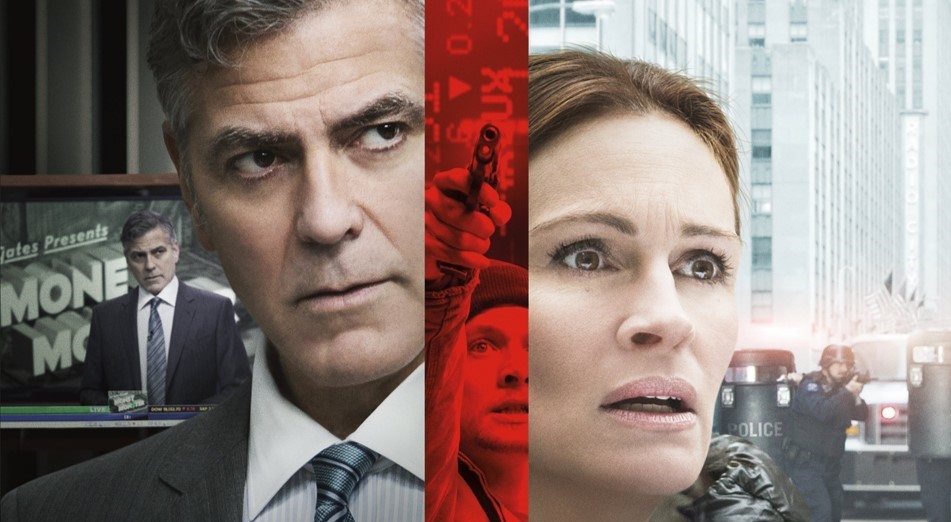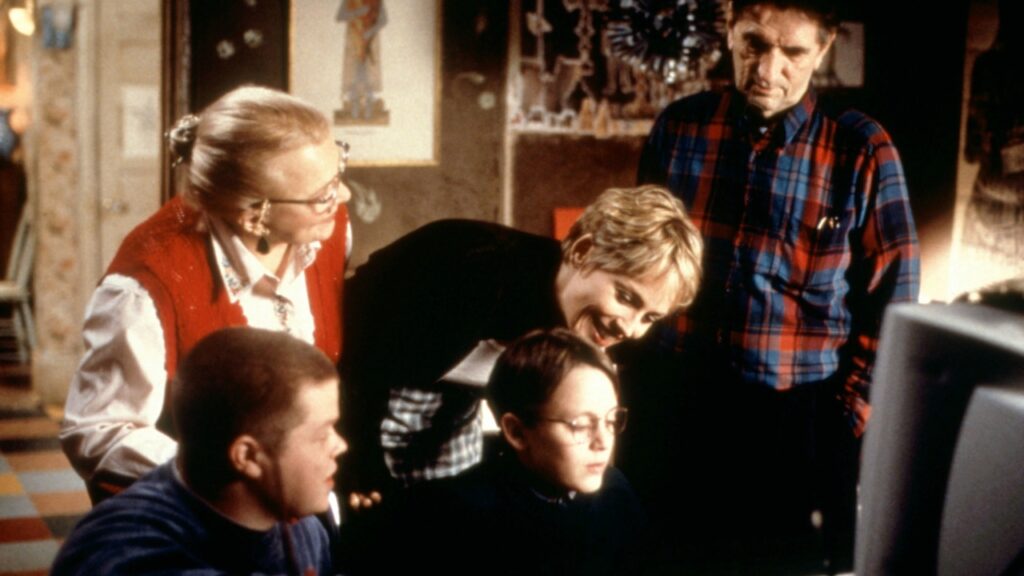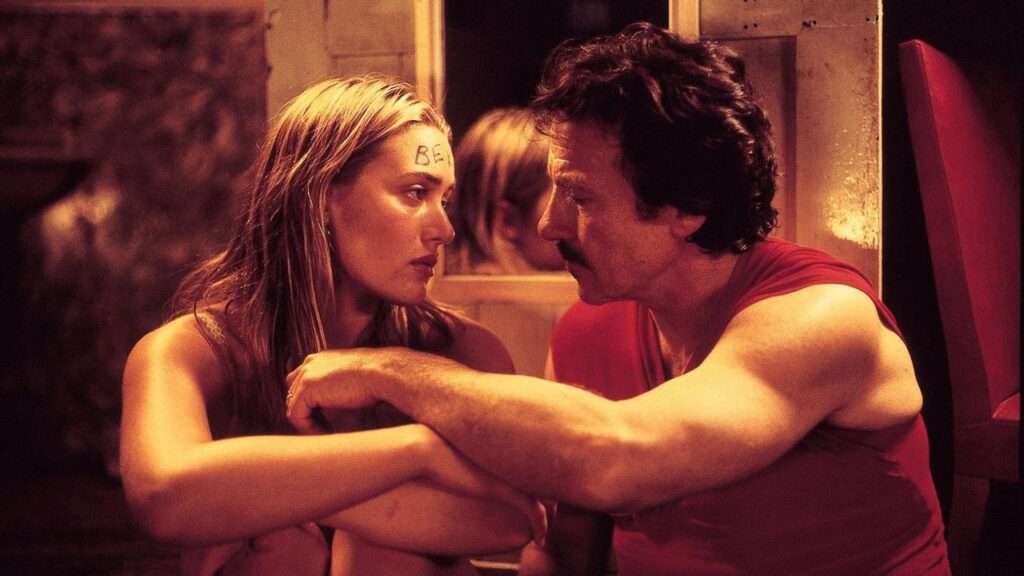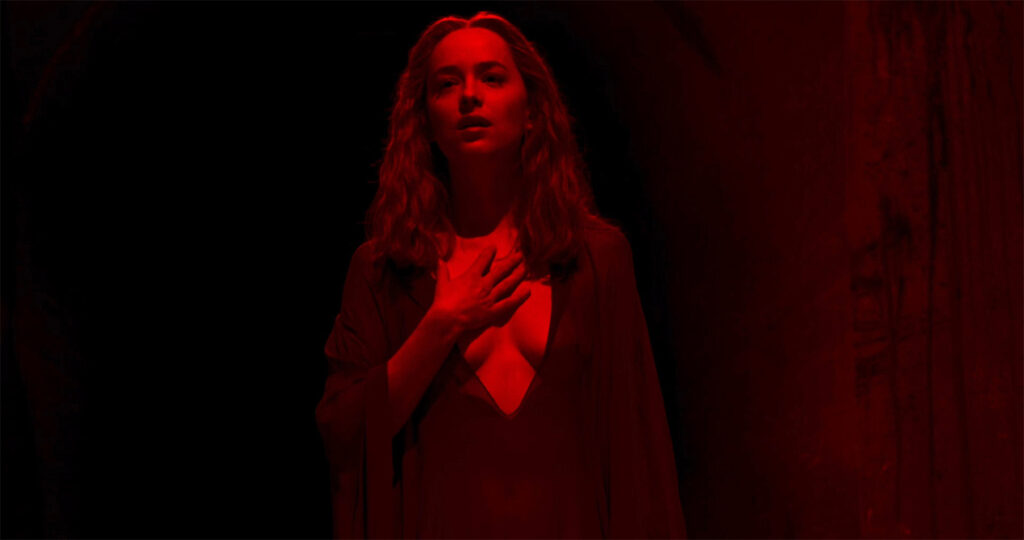
With the release of Criterion’s retrospective box set, film lovers have been revisiting the work of living master Wong Kar-wai. But this week, we’re going to be talking about his least celebrated (and one omitted from that treasured collection). His first film in the English language, My Blueberry Nights is an episodic movie about a woman who mends her broken heart by finding herself on the road, leaving behind a could-have-been romance with a pie shop man back in New York. For his lead star, Wong Kar-wai selected adult contemporary sensation Norah Jones, a few years after wracking up a bundle of Grammys and selling millions of albums for her debut Come Away With Me. But opening the 2007 Cannes Film Festival was high positioning for this slighter effort from the maestro, and largely unkind critical notices left them film as more of an afterthought once it finally saw a US release almost a year later.
More of a fascinating failure than the fiasco its reputation would lead you to believe, the film meanders through its chapters where Jones plays opposite three stars at transitional stages of their careers: Jude Law post-2004 laughing stock omnipresence, Rachel Weisz post-Oscar, and the beginning stages of Natalie Portman Doing A Voice. This episode, we get into the 2007 Cannes Film Festival (and its charming poster), the work of Wong Kar-wai, and Jones’ Grammy success.
Topics also include Starbucks CDs, the Roku City screensaver, and how this is one of the few movies where David Strathairn is NOT hot.
Follow Us on Twitter!
@Had_Oscar_Buzz
Joe: @joereid
Chris: @chrisvfeil
Podcast: Play in new window | Download
Subscribe: Google Podcasts | RSS




